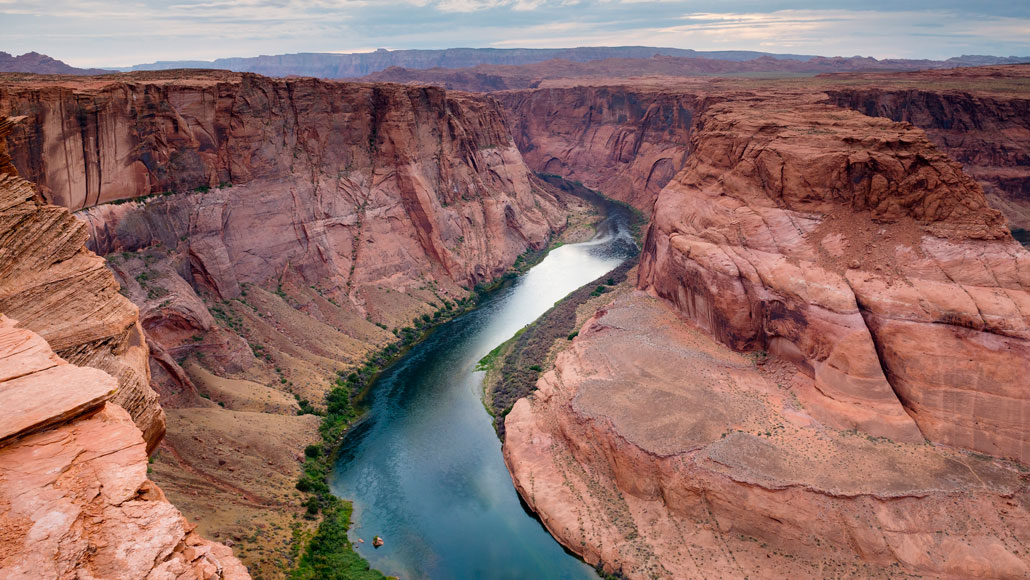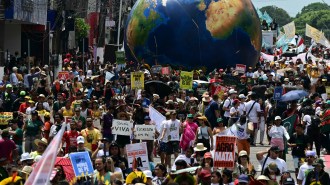
With climate change shrinking snow cover in the Colorado River Basin, the ground absorbs more sunlight. That causes more water to evaporate, leaving less to feed the Colorado River that brings water to millions of people.
Kojihirano / iStock / Getty Images Plus








